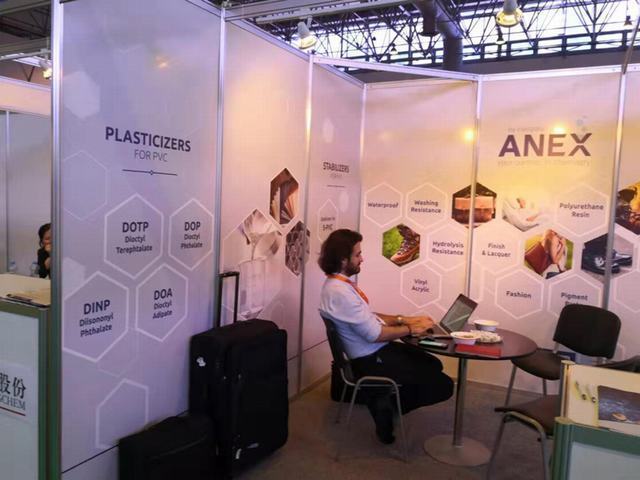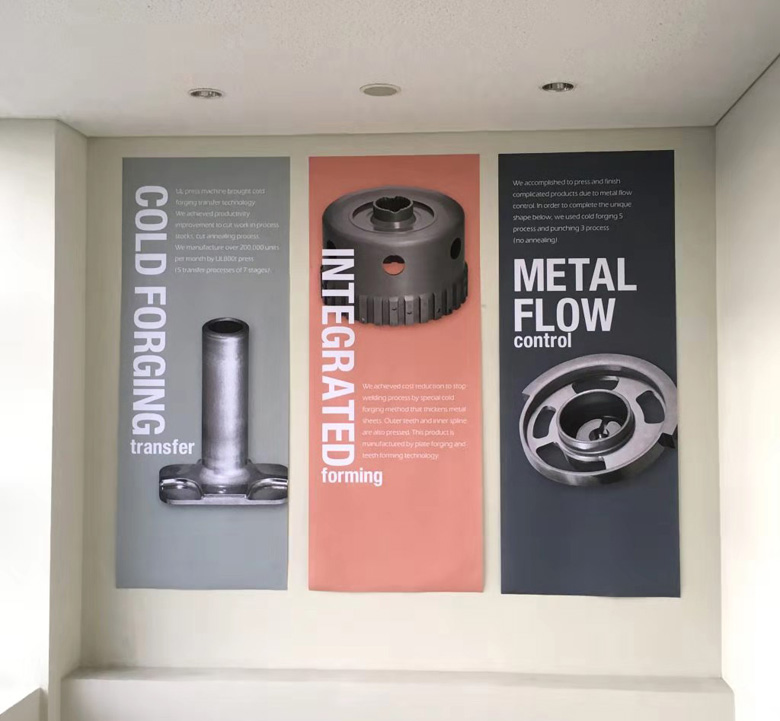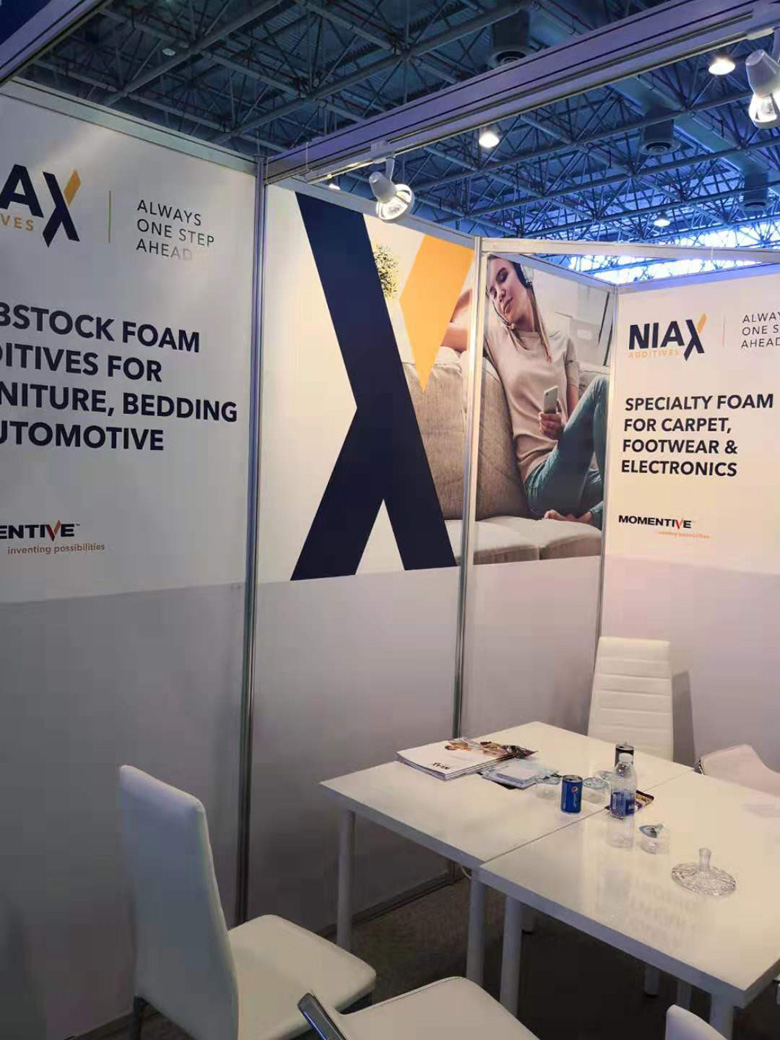Catalyst-loaded electrode materials play an indispensable role in electrochemical devices. Compared with the hot research on catalyst activity, the recycling and reuse technology of catalyst-loaded electrode materials are often neglected. Existing methods for recycling and reuse of electrode materials are usually only able to extract specific metal substances, but not able to realize the direct reuse of catalyst-loaded electrodes.

In view of this, Liangbing Hu’s group reported a high-temperature, fast-pulse-based heat treatment method to achieve efficient regeneration of catalyst-loaded electrodes. In this process, the high temperature ensures that the by-products accumulated on the surface of the electrode can be completely decomposed, while the extremely short heating time allows the original physicochemical properties of the catalyst to be maintained, and thus the catalytic activity similar to that of the virgin electrode is demonstrated in the reuse.

In this paper, the method was applied to the ruthenium-loaded porous carbon electrode for lithium-air batteries as an example, and the service life of the ruthenium-loaded porous carbon electrode was extended by a factor of nearly ten by applying the method for up to ten regeneration cycles. The method can be flexibly applied to other systems, thus greatly extending the lifetime of electrochemical systems deactivated due to by-product accumulation. This research opens a new avenue for sustainable applications of electrochemical energy storage and energy conversion devices.
Background

In recent years, electrochemical energy storage and energy conversion technologies have been rapidly developed, with a variety of new fuel cells, electrolytic cells, energy storage devices and organic electrochemical synthesis technologies. In most of these electrochemical systems, the electrode reactions rely on efficient heterogeneous catalysts to realize the effect of lowering the overpotential and increasing the current density. Most of these catalysts are based on transition metals or even precious metals, which are not only expensive but also potentially harmful to the environment. Especially for waste electronics, improper disposal will not only cause economic loss, but also bring long-term environmental pollution. In the field of academic research, compared with the unremitting pursuit of high catalyst activity, the recycling and regeneration technology of catalysts and their electrode materials have been developed quite slowly.
For the deactivation of catalyst-loaded electrodes in electrochemical systems, most of the causes are due to the deposition of by-products on the surface of electrodes and catalysts from the degradation of reactants, solvents and active substances in carbon electrodes or electrolytes, and the continuous accumulation of such by-products will lead to gradual deactivation of the electrodes and their eventual failure. For the recovery of electrochemical devices, there are currently pyrometallurgical, hydrometallurgical and thermohydrometallurgical extraction methods, followed by leaching, purification, separation, secondary synthesis and other subsequent steps. However, conventional methods often recover only a fraction of the metal material. Although the idea of direct regeneration and reuse of catalyst-loaded electrodes has been proposed, the technology has not been effectively developed, and existing reports are limited to applications such as hydrothermal treatment, calcination, and chemical coating modification in a single system.
To address this issue, this paper reports an efficient electrode material regeneration technique based on high-temperature pulsed heat treatment for the direct reuse of catalyst-loaded electrode materials. This method realizes radiant heating by Joule heating the carbon material, and employs precise control of the current to rapidly elevate the used catalyst-loaded electrodes to high temperatures, e.g., 1700 K, and cool them down within a few tens of milliseconds. Although the process is short-lived, it has the effect of cleaning up by-products and greatly extending the service life of the electrodes. In this process, the high temperature helps to remove by-products through decomposition and evaporation mechanisms, thus restoring the effective surface area of the electrode and the catalyst activity. At the same time, rapid cooling allows the original physicochemical properties of the catalyst to be maintained, so that it will exhibit similar performance when it is reused. The deactivated ruthenium-loaded porous carbon electrode can be regenerated and reused up to 10 times when using lithium-air batteries as an example. The method is very versatile and can be flexibly extended to other substrate materials and catalyst systems.
Analysis of results
In order to realize an efficient and fast regeneration process for catalyst-loaded electrodes, a Joule heating-based regeneration device was first designed and validated in this paper (Fig. 1). After a long period of use, the performance of the electrode material is greatly reduced due to a large number of by-products accumulated on the surface of the electrode and catalyst. In this paper, we firstly designed a sandwich Joule heating method, in which the electrode material to be regenerated is placed in the middle position, and instantaneous current injection is used to bring high temperature and quickly cut off the power supply in order to realize instantaneous heat treatment. Since carbon material has low density and low heat capacity when used as a heating source, it can be rapidly reduced from a high temperature of 1700 K to room temperature after the current is cut off. This feature allows the device to effectively decompose by-products without causing thermal damage to the electrode material due to prolonged heating, and the original physicochemical properties of the catalyst can be effectively maintained. Since the entire regeneration process is carried out in an inert atmosphere, the regeneration unit can withstand tens of thousands of pulses.

